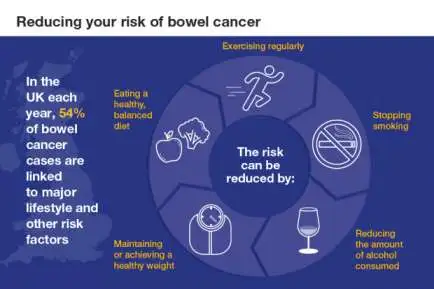
Global warming of 2°C would lead to about 230 billion tonnes of carbon being released from the world’s soil, new research suggests.
Global soils contain two to three times more carbon than the atmosphere, and higher temperatures speed up decomposition — reducing the amount of time carbon spends in the soil (known as “soil carbon turnover”).
The new international research study, led by the University of Exeter, reveals the sensitivity of soil carbon turnover to global warming and subsequently halves uncertainty about this in future climate change projections.
The estimated 230 billion tonnes of carbon released at 2°C warming (above pre-industrial levels) is more than four times the total emissions from China, and more than double the emissions from the USA, over the last 100 years.
“Our study rules out the most extreme projections — but nonetheless suggests substantial soil carbon losses due to climate change at only 2°C warming, and this doesn’t even include losses of deeper permafrost carbon,” said co-author Dr Sarah Chadburn, of the University of Exeter.
This effect is a so-called “positive feedback” — when climate change causes knock-on effects that contribute to further climate change.
The response of soil carbon to climate change is the greatest area of uncertainty in understanding the carbon cycle in climate change projections.
To address this, the researchers used a new combination of observational data and Earth System Models — which simulate the climate and carbon cycle and subsequently make climate change predictions.
“We investigated how soil carbon is related to temperature in different locations on Earth to work out its sensitivity to global warming,” said lead author Rebecca Varney, of the University of Exeter.
State-of-the-art models suggest an uncertainty of about 120 billion tonnes of carbon at 2°C global mean warming.
The study reduces this uncertainty to about 50 billion tonnes of carbon.
Co-author Professor Peter Cox, of Exeter’s Global Systems Institute, said: “We have reduced the uncertainty in this climate change response, which is vital to calculating an accurate global carbon budget and successfully meeting Paris Agreement targets.”
Pic source: Pixabay
Related Post
 01
01 Jul
7 Lifestyle Tips to Reduce Your Cancer Risk
How in all actuality do individuals bring down the possibilities getting malignant growth? There's a lot of exhortation. Yet, on occasion, guidance from one review conflicts with the exhortation from another. Disease avoidance data keeps on creating. In any case,.
Read More 27
27 Jun
Effective Allergy Treatments for Kids: A Comprehensive Guide
Is your youngster experiencing a runny nose, sniffling, and bothersome eyes? Assist them with feeling improved with these regular sensitivity cures you can attempt at home. Does your kid have a runny nose, sniffling, and irritated eyes? They may be managing.
Read More 20
20 Jun
Journal Prompts for Mental Health: 7 Ideas to Explore
Journaling has a heap of psychological well-being benefits, however you don't necessarily have any idea what to expound on to get the worth out of a journaling meeting. That is where journaling prompts for treatment come in. More profound diary prompts.
Read More 13
13 Jun
10 Natural Health and Nutrition Tips That Are Evidence-Based
If you have any desire to help your wellbeing and prosperity, there are a lot of regular and home solutions for browse, going from keeping away from singed meats and added sugars to rehearsing reflection. With regards to understanding what's sound,.
Read More